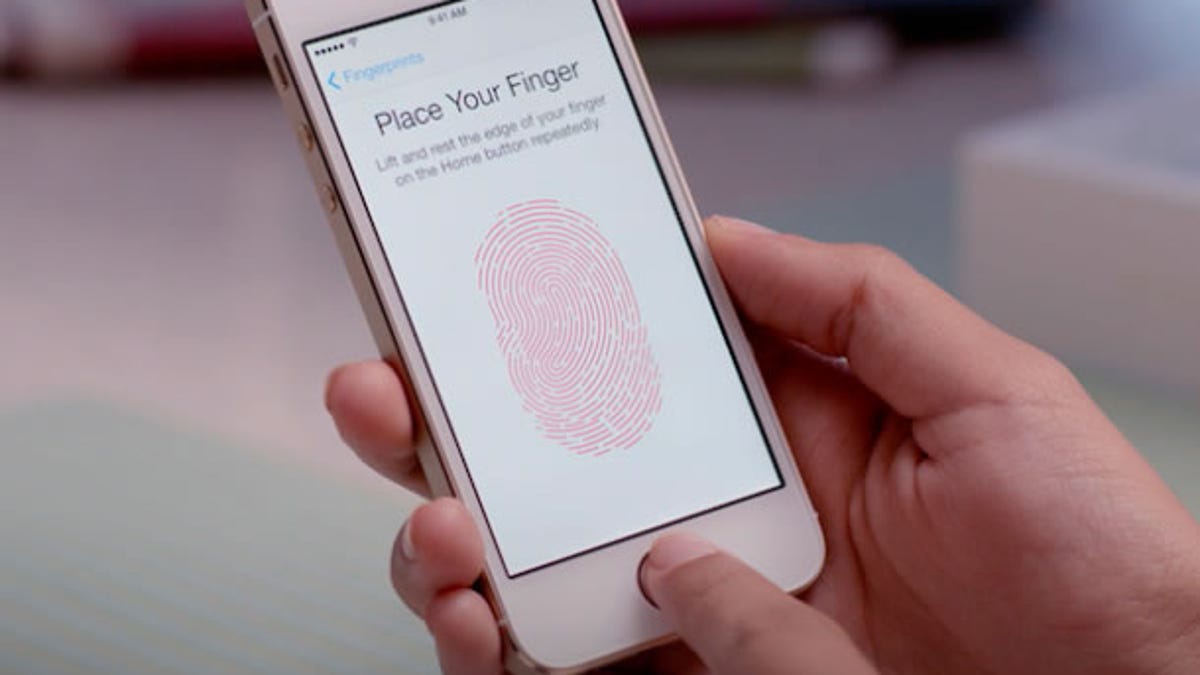Apple to make critical new component at sapphire plant
The iPhone maker's Arizona sapphire plant could open as early as February. But just what will Apple be cooking up there?

Apple has plans in mind for its new sapphire crystal plant that promise to "enhance and improve" its consumer devices.
E-mails from Apple to U.S. Foreign Trade Zone officials point to a manufacturing process called "Project Cascade." Uncovered by 9to5Mac with help from analyst/investor Matt Margolis, the e-mails give some clues as to the work that will be done at the Arizona-based plant.
This high-tech manufacturing process will create a critical new sub-component of Apple Products to be used in the manufacture of the consumer electronics that will be imported and then sold globally. By pulling this process into the U.S., Apple will be using cutting edge, new technology to enhance and improve the consumer products, making them best in class per product type.
The e-mails also list an aggressive go-live date for the plant's grand opening, namely sometime next month.
Announced last November, the plant has been gearing up to manufacture sapphire-based materials, an item confirmed by Apple CEO Tim Cook in a recent interview with ABC News. Apple has already used sapphire for the surface of the rear camera lens for the iPhone 5 and the ID fingerprint sensor in the iPhone 5S. But recent reports suggest the company has more aggressive plans for the hard substance.
A newly published patent application envisions the expansion of sapphire to other parts of the iPhone. Apple may, for instance, be gearing up to use sapphire to cover the entire screen of the iPhone and iPad. Such a technology could be considered a "critical new sub-component." It would also make Apple's mobile devices less vulnerable to scratches and therefore considerably more durable.

